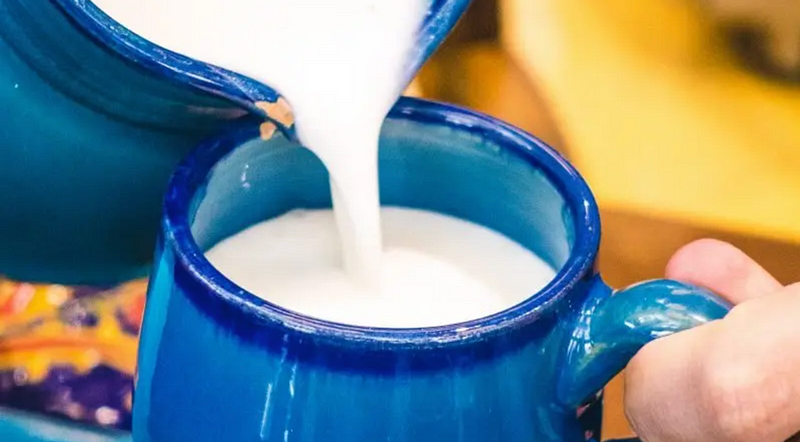Why Do Many People Dislike Cheese? Exploring Cultural Perspectives
Written on
Cultural Perspectives on Cheese
As a proud Wisconsinite, it pains me to admit that a significant number of people harbor a strong dislike for cheese.
Just last week, my research team hosted a cheese tasting event. Yes, when you’re a food scientist, indulging in cheese counts as “work.” I was thrilled and eager to sample every variety. To my astonishment, I found myself among a minority, as over half of my colleagues were less than enthusiastic about cheese. They participated reluctantly, showing little interest in tasting.
That's when a Dutch colleague claimed that a large portion of the global population dislikes cheese. As a Wisconsinite, this sounded outrageous! However, my curiosity led me to investigate further, and I stumbled upon a research article stating, "A greater percentage of individuals find cheese repulsive compared to other foods." This revelation prompted me to ponder: why is cheese so often met with distaste?
Cheese: A Byproduct of Curdled Milk
Cheese essentially originates from curdled milk—a fact my Dutch friend pointed out during our tasting. Admittedly, I had never considered it this way. Most of us are familiar with the unpleasant experience of discovering curdled milk after forgetting it in the fridge. The sight of chunks spilling out can be stomach-churning, especially when you’re aiming to pour milk into your morning coffee.
The curdling occurs when bacteria in the milk are allowed to thrive too long, resulting in the production of lactic acid, which lowers the milk's pH. This drop in pH causes the main milk protein, casein, to clump together.
The transformation from stable casein to clumped proteins is largely due to acidity. In fresh milk, casein carries a negative charge, repelling other casein molecules. However, as lactic acid builds up in aging milk, it neutralizes the charge, allowing the proteins to attract and cluster together.
While cheese-making does involve curdling, the process is accelerated by adding specific bacteria, preventing the milk from spoiling naturally.
Culinary Traditions and Cheese Consumption
During my PhD studies in Australia, my flatmates noted that I had a tendency to incorporate cheese into nearly every dish I prepared. While this might be commonplace in Wisconsin, it’s not a universal practice. In several Asian countries, including Japan and China, dairy products are not traditionally part of the diet. Consequently, cheese consumption has historically been low, and many individuals have not developed a taste for it.
Interestingly, the US Dairy Export Council reports that cheese consumption is rising in Southeast Asia, albeit slowly compared to Europe, where countries like Denmark and France dominate cheese consumption.
Lactose Intolerance and Its Impact
Culinary traditions often correlate with lactose intolerance rates. For instance, White Europeans experience significantly lower intolerance rates (20-30%) compared to their Asian American counterparts (95%). This condition can lead to discomfort, which understandably deters individuals from consuming dairy products, including cheese.
Interestingly, most cheeses contain minimal lactose, as the fermentation process reduces its levels. Yet, if dairy products generally cause discomfort, it's reasonable to avoid cheese altogether.
Flavor Preferences and Social Conditioning
Taste is inherently subjective, and cheese is no exception. Certain cheeses possess strong flavors and aromas that may not appeal to everyone. For instance, the pungent scent of some cheeses can evoke memories of unpleasant experiences.
Dr. Paul Rozin, a neuroscientist, suggests that early experiences with food shape our preferences. As children, many may reject strong-smelling cheeses, but through exposure and social conditioning, these aversions can change over time.
Growing up in Wisconsin, where cheese is a staple, I’ve come to appreciate its importance. However, I can now empathize with those who don’t share this love for cheese. For those who dislike cheese, I’m curious: what influences your feelings? Is it rooted in culinary traditions, or perhaps a lingering aversion to the smell of curdled milk?
Cheese’s Reputation Explored
The first video titled "Cheese was voted the most disgusting food...Why?" explores the various reasons behind cheese's negative reputation.
The second video, "Why I Hate Cheese," delves into personal experiences and cultural perspectives on cheese dislike.



